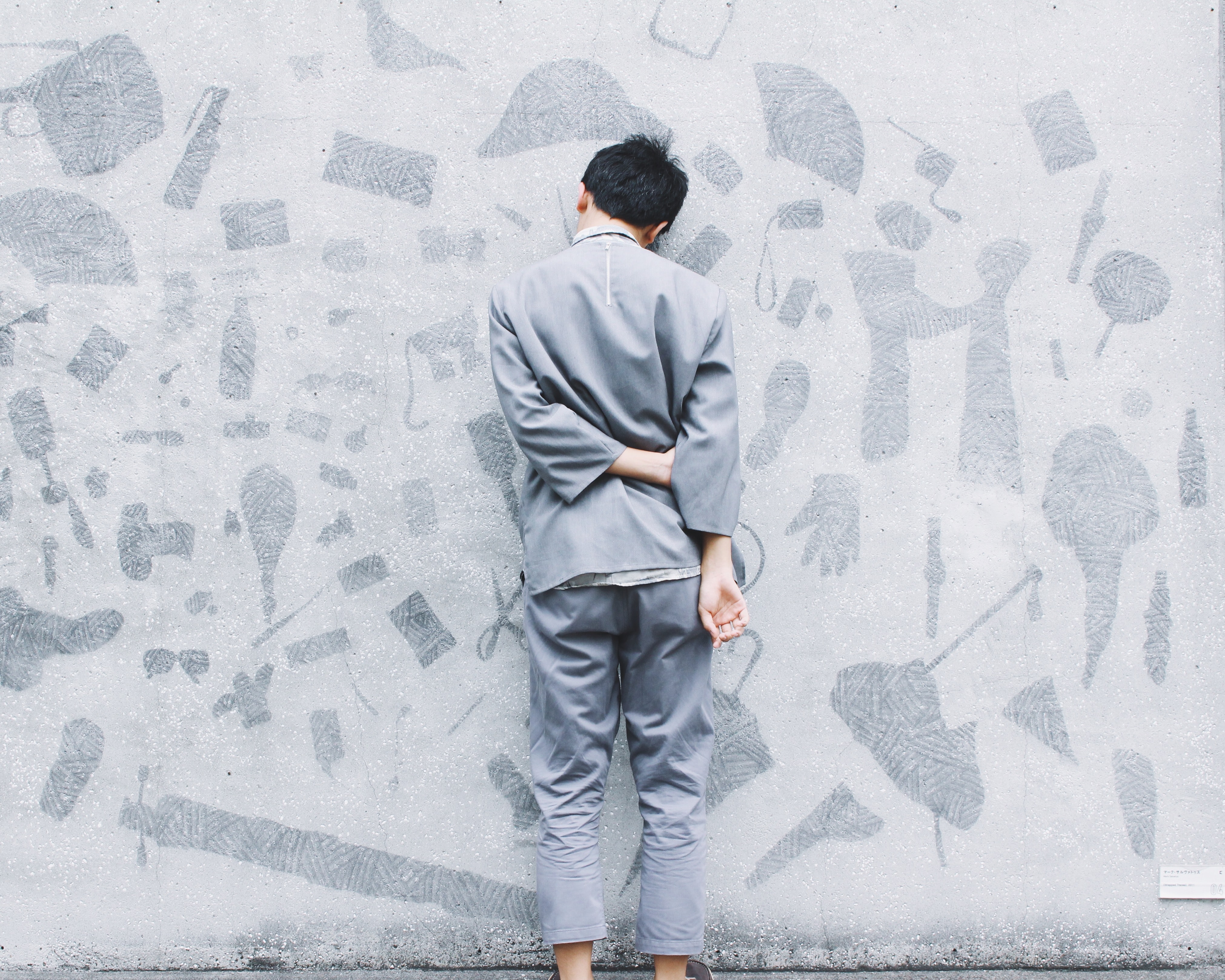Jun04

Amy, Sally’s client, called to say she could not make the appointment. As a hospital administrator at a time of pandemic, there was no time for a call. Sally offered to spend a few minutes for a check-in. Amy reluctantly agreed. Amy asked immediately, “please share with me the ways you or your other clients build resilience.” Instead of answering, Sally asked, “what has worked for you in the past?” Amy paused, took two deep breaths and a list flowed forth: 1. Walking in nature 2. Music 3. Meditation – she remembered she has an app she likes that she has not used in a while 4. Poetry reading – she remembered that she has a big book of poetry that was given to her as a birthday present. Sally asked, “And what are some options?” “Well,” she said, " it occurs to me that I can play music on my commute. I can plan to walk at lunchtime. If I cannot get out, I will use my meditation app to do a five-minute meditation. And I can read a page of poetry before bed.” She sighed. “Wow, it is really quite easy now I come to think about it. With a plan I will make sure I take a few breaks” As the conversation drew to a close, Sally asked, “how do you feel now?” Amy replied, “I feel SO much better! My head is clearer, my mind is more focused, my mood has lifted, I have a plan for ways to help myself in the coming days. I feel great! AND, “I learned that taking this timeout for myself was not a luxury I could not afford, it is a necessity that will help me be more effective.” Personal timeouts during times of stress are not luxuries they are necessities. They help us focus, identify priorities, make better decisions and feel better. And when we feel better, we act better!
By Ruth Pearce
Keywords: Leadership, Future of Work, Mental Health
 The Orchestra Needs a Conductor: Why Multi-Model Agents Require H2E Governance
The Orchestra Needs a Conductor: Why Multi-Model Agents Require H2E Governance The Role of Memory in Modern-day Business
The Role of Memory in Modern-day Business The Architectures of Permanence: A Comparative Analysis of the "Big Three" AI Strategies (2026)
The Architectures of Permanence: A Comparative Analysis of the "Big Three" AI Strategies (2026) Friday’s Change Reflection Quote - Leadership of Change - Change Leaders Enable Generational Advancement
Friday’s Change Reflection Quote - Leadership of Change - Change Leaders Enable Generational Advancement The Corix Partners Friday Reading List - February 27, 2026
The Corix Partners Friday Reading List - February 27, 2026